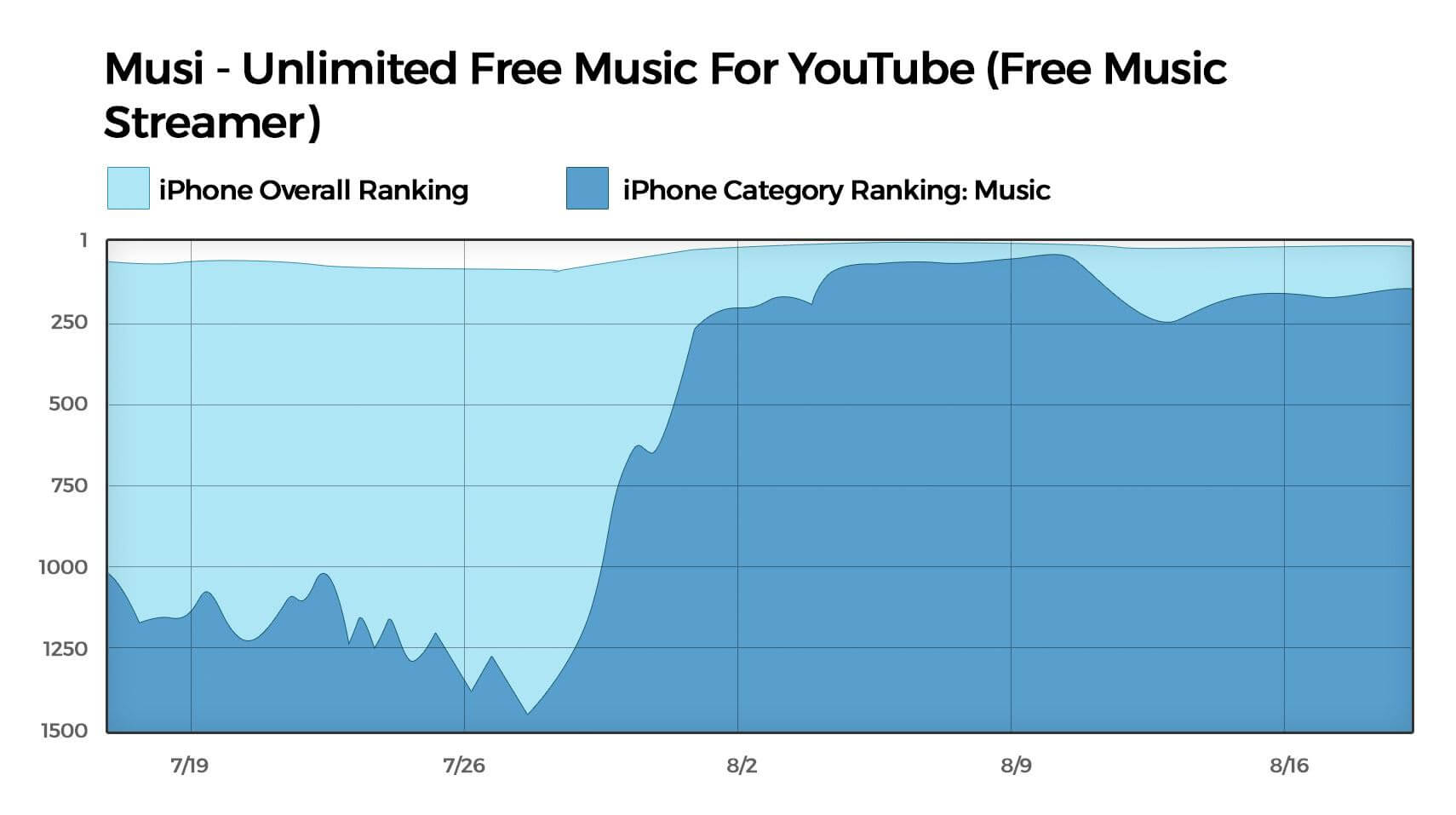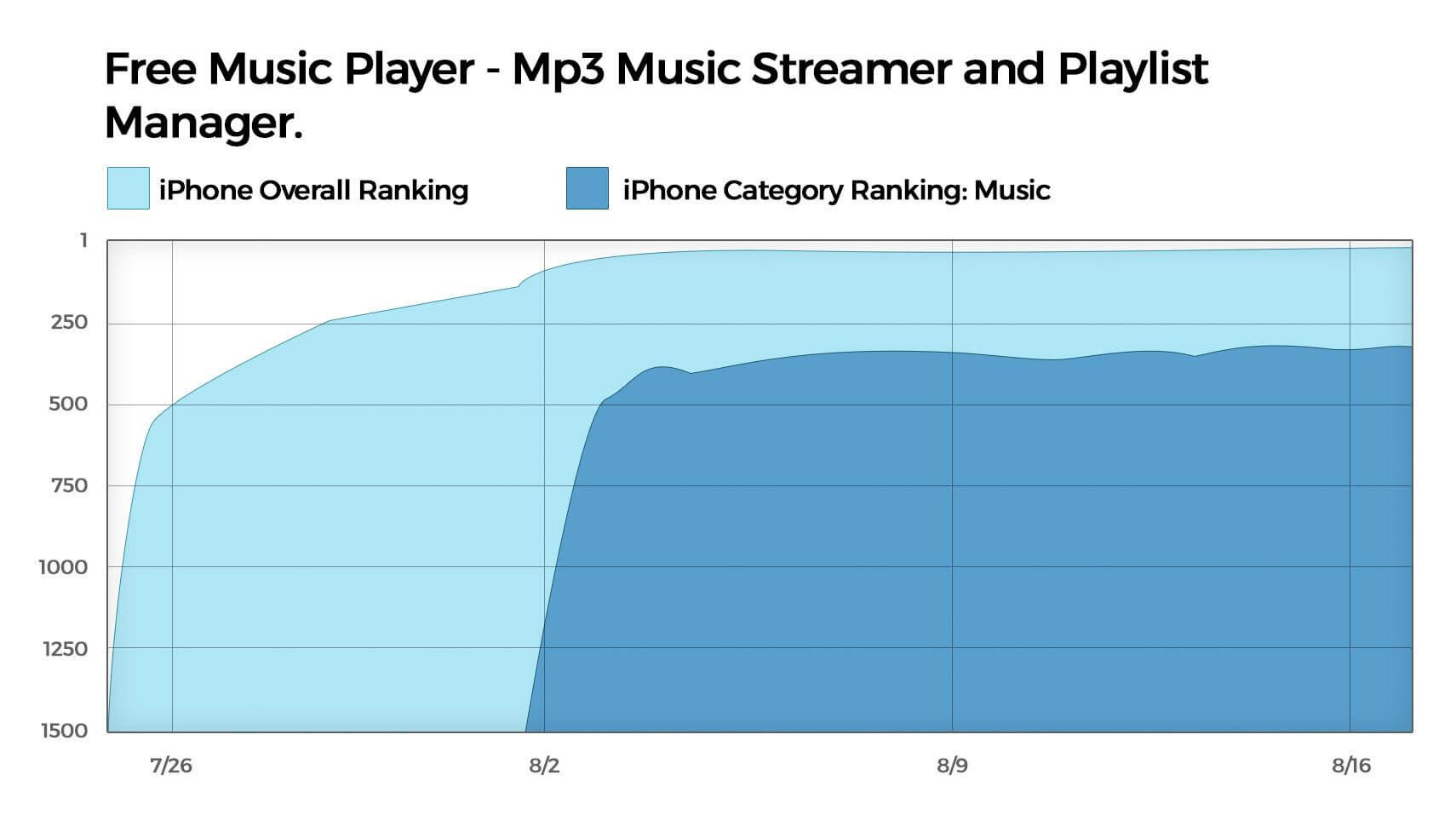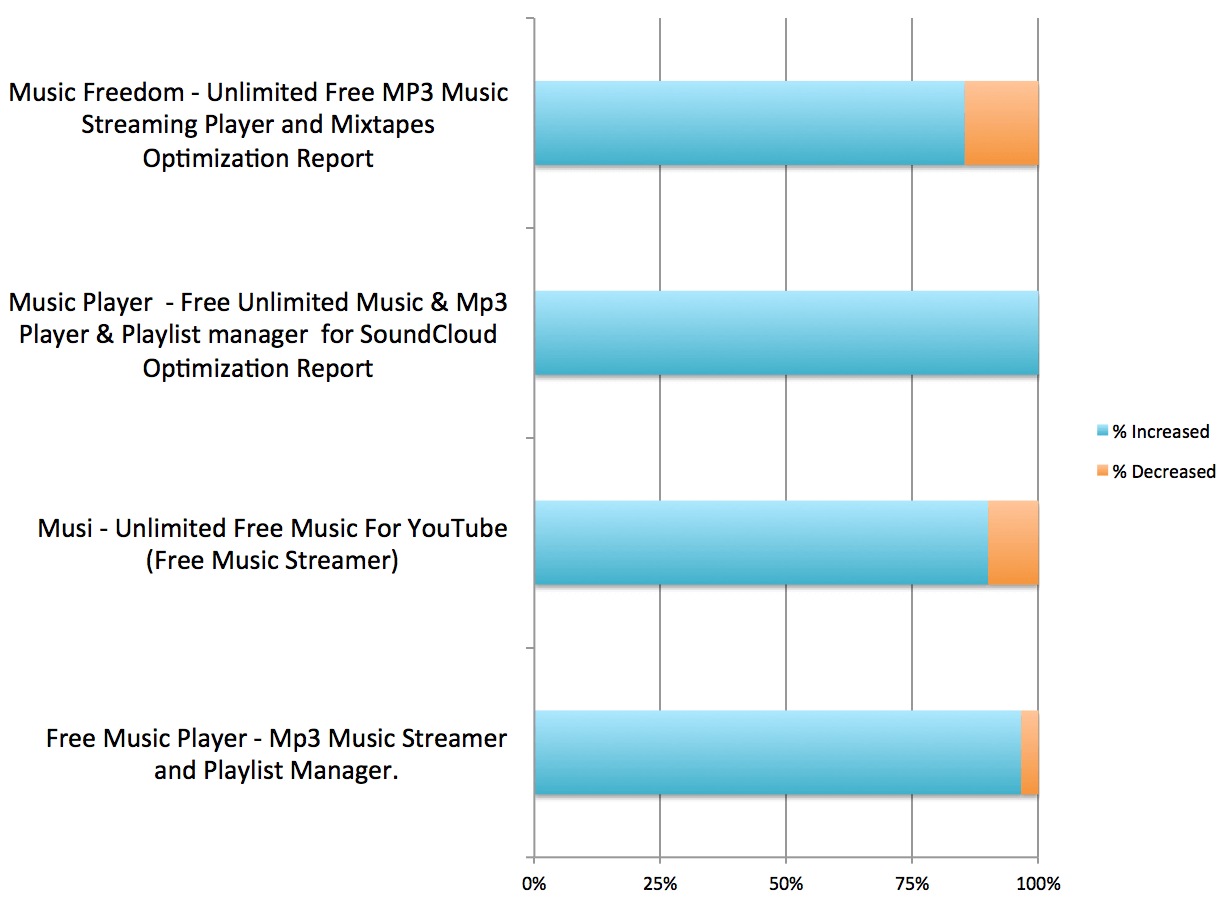
5 Best Practices for Apple Search Ads
Posted on July 3rd, 2024
Are you leveraging Apple Search Ads the right way? Take a look at these recommendations to optimize your paid campaigns and target the right users.

After some limited volatility in the App Store in mid-July, there were lots of theories as to not only what happened, but if there were some longer-term implications to Apple’s App Store ranking algorithm. The primary claims was that Apple was penalizing apps with long app titles. Long app titles presumably meant spammy or keyword stuffed app titles – a bad hack for App Store rankings. Quick note – Apple refers to app titles as “app names” but the terms are used interchangeably so we’ll use what the report used. The app title is not only used by Apple to index an app, but is also viewable by potential users. Therefore, we recommend creating app titles that highlight the app’s two most relevant, important or differentiating features, and limiting the title to 100 characters. Keyword stuffed app titles look spammy and unprofessional, and Apple has even been known to reject apps that attempt to abuse this field. That said, did Apple change their algorithm to penalize apps with long app titles? In the initial reporting of a possible App Store algorithm change, a quick study on “Free Music” and “Music Streaming” did not support the conclusion that longer app titles were being penalized (they actually received a bump in rankings). Let’s look at the top apps for “Free Music” and “Music Streaming” and track the App Store rankings for apps with app titles longer than 60 characters.
Three apps appear in the top 10 with app titles longer than 60 characters. 

 All 3 showed an increase in App Store category and overall rankings.
All 3 showed an increase in App Store category and overall rankings.
Musi (again) increased its App Store ranking. Music Freedom actually changed their app title to a (slightly) longer app title on July 16th, which coincided with a climb up the charts.  It looks like the claim that long app titles are being penalized is not only false, but exactly the opposite appears the be the case: Longer app titles appear to be helping App Store rankings. Part of this exercise is to ensure claims we are reading about are backed by data so we can make good decisions with our time and investments.
It looks like the claim that long app titles are being penalized is not only false, but exactly the opposite appears the be the case: Longer app titles appear to be helping App Store rankings. Part of this exercise is to ensure claims we are reading about are backed by data so we can make good decisions with our time and investments.
Let’s try looking at how the ranking for individual keywords and phrases were impacted since July 1st. Assuming there were long-term changes in how Apple is indexing and ranking apps – and the title is the specific cause – we should see a clear downward trend in rankings for specific keywords with apps with long titles.
 The 4 apps we reviewed above (which all showed an increase in App Store rankings), all showed an increase in rankings for the keywords they ranked for. If an app was not ranked for a keyword on August 18th, but was ranked on July 1st (or when the app was released after July 1st), that counted as a decrease. None of the apps came in at under 85% of search coverage rankings increasing. Not only did the rank of keywords not go down for apps with long tiles, but the rankings went up on at least 85% of the keywords. While we advise our clients that keyword stuffing app titles is not part of resilient App Store optimization strategy – the claim that Apple is penalizing long App Store titles fails on further investigation. Contact us here if you are interested in building an App Store optimization strategy around proven practices and App Store data that can withstand changes to Apple’s App Store ranking algorithm – real or imagined.
The 4 apps we reviewed above (which all showed an increase in App Store rankings), all showed an increase in rankings for the keywords they ranked for. If an app was not ranked for a keyword on August 18th, but was ranked on July 1st (or when the app was released after July 1st), that counted as a decrease. None of the apps came in at under 85% of search coverage rankings increasing. Not only did the rank of keywords not go down for apps with long tiles, but the rankings went up on at least 85% of the keywords. While we advise our clients that keyword stuffing app titles is not part of resilient App Store optimization strategy – the claim that Apple is penalizing long App Store titles fails on further investigation. Contact us here if you are interested in building an App Store optimization strategy around proven practices and App Store data that can withstand changes to Apple’s App Store ranking algorithm – real or imagined.

Are you leveraging Apple Search Ads the right way? Take a look at these recommendations to optimize your paid campaigns and target the right users.

Ghostly happenings are among us... and in your app listing too? If you aren't leveraging the power of app seasonality to make relevant tweaks to your store listing you're leaving precious engagement and conversions on the table.

Developers on the iOS App Store should plan in advance of the upcoming Holiday Schedule to allow enough time for apps to get approved during the busy holidays.